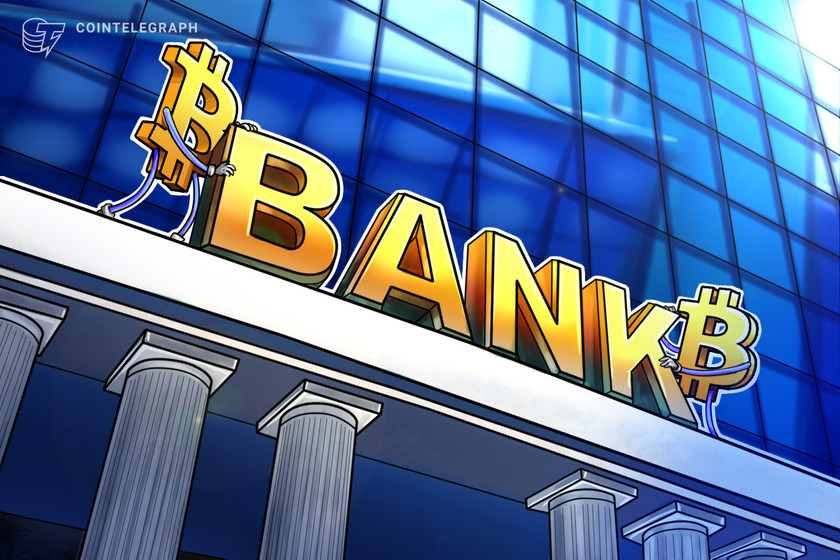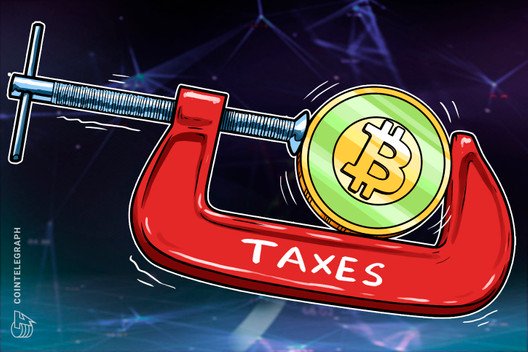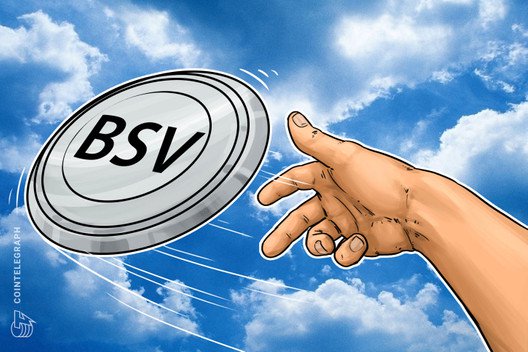A new report has found strict regulations are discouraging overseas exchanges from opening in Japan, but would likely benefit new players in the long term.
Double jump.tokyo, the game developer behind My Crypto Heroes, commissioned a research team at So & Sato Law Offices to carry out a comprehensive report on digital assets in Japan.
Released on March 31, the report covers all aspects of digital assets in the Asian nation, from tokenized securities to crypto derivatives.
Entering the crypto market under strict regulations
Joerg Schmidt and So Saito from So & Sato told Cointelegraph Japan in an interview that local regulations for cryptocurrency exchanges are “far stricter” than in most other countries. However, he said this would be beneficial in the long run because it encourages the traditional finance world to get involved:
“The market is highly regulated in Japan. What seems to be a regulatory overkill, at first sight, is likely to help the market to mature in the mid to long term. This will allow more institutional players to enter the market and to increase their stake in the digital asset space.”
Regulations pertaining to crypto in Japan generally fall under the Payment Services Act (PSA) and the Financial Instruments and Exchange Act (FIEA). Amendments passed for both acts tightening existing regulations come into effect today (April 1).
Under the new PSA regulations, crypto exchanges must employ third-party operators to keep hold of their users’ money, separating it from their own cash flow. With fewer tools at its disposal, FIEA has faced an uphill battle regulating Japan’s crypto derivatives market, which accounts for 90% of the total volume.
Foreign-operated crypto exchanges in Japan
Under Japanese law, cryptocurrency exchanges must also obtain a license through the country’s Financial Services Agency (FSA). The report details the requirements:
“To register as a crypto asset exchange [in Japan], companies must meet certain criteria. Local companies must be incorporated as a stock company and have a minimum capital of JPY 10 million. An exchange must further ensure that its net assets do not fall below the amount of users’ funds that are stored in a hot wallet.”
As of today, there are 23 exchanges registered with the FSA, although none of them are yet foreign operated (though U.S. exchange OKCoin was recently granted a license) Saito explains why the regulations discourage overseas exchanges:
“Some Chinese exchanges purchased Japanese licenses for exchanges, so it’s open for foreign exchanges to have licenses in Japan. But under the regulations, if foreign crypto exchanges themselves get Japanese licenses, they need to have similar licenses in their countries under the current regulations. There are not so many similar exchanges in foreign countries.”
The research team concluded that the most likely exchanges to be granted licenses would come from countries such as the United States, where regulations are thorough.
Getting in on the Japanese crypto market early
While local regulations might not be conducive to foreign exchanges at the moment, the research team concluded that now was the ideal time to enter the crypto market in Japan.
They believe the regulatory measures help make Japan stand out as a safe haven for crypto, rather than the wild west of finance that it’s sometimes known for.









